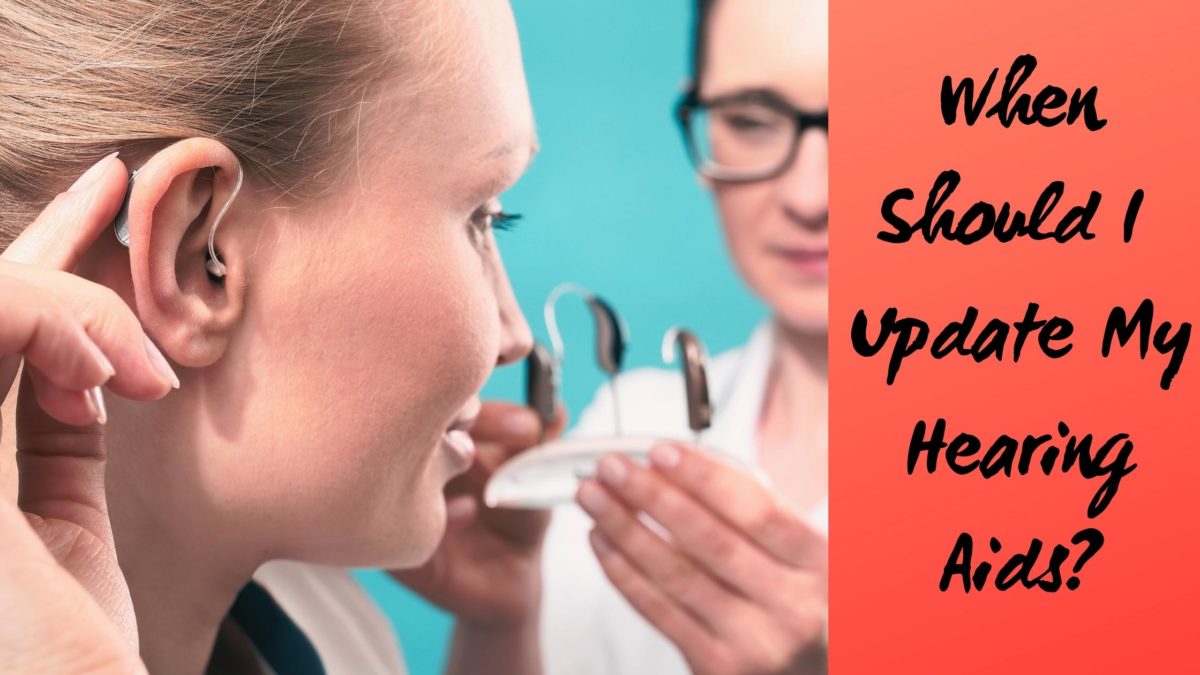- Common Hearing Aid Problems & How to Fix Them - June 14, 2021
- Why People Avoid Treating Hearing Loss — and Why You Should Schedule a Hearing Test! - May 21, 2021
- Common Hearing Aid Problems & How to Fix Them - May 14, 2021
Wearing hearing aids for the first time can open up a world of sound you may not have heard in quite a while. This is because on average most people wait seven to ten years from the time they suspect they have a hearing issue, before investing in treatment. Sounds you haven’t heard in years may take time to get used to. However, committing to wearing hearing aids daily can ultimately help you participate in the life you love again.
It is also common to have issues with your hearing aids, every now and then, but if you can anticipate and troubleshoot some of these issues, you can make sure that your hearing aids help amplify sounds to their fullest potential for years to come. Here are a few common issues with hearing aids and how to troubleshoot them.
No Sound
Hearing aids are designed to amplify sound, so if you put them in your ear and hear nothing, then there is definitely an issue. It’s important not to panic. There is often an easy solution to fix the problem that you can do from home.
- Check the Power Switch- The issue could be as simple as you didn’t turn on the power switch. It seems obvious enough, but it definitely happens, especially if you are in a rush. Sometimes it helps to restart your hearing aids, so they can reboot, as you would a computer that is having issues.
- Check the Hearing Aid Batteries– If this does not fix the problem, check the power source. If the battery is loose or has fallen out, then it cannot provide the power required to produce sound in your hearing aids. It is also possible that your batteries ran out of power or the battery terminals have corroded. Try replacing the battery. If you do see corrosion around the battery terminals you can clean it with a cotton swab dipped in lemon juice or vinegar.
- Check the Volume- The issue could be as simple as the volume is turned all the way down.
- Check the Cleanliness- In a best case scenario, your hearing aids should be worn from the time you wake up till you go to sleep, only to be removed when bathing, swimming or resting. This means that they go everywhere that you go in a day and can collect quite a lot of dirt and moisture from sweat. Inspect your hearing aids. If there is any build up of earwax or dirt try wiping it away with a dry soft cloth. This could fix a clogged microphone or receiver and fix the issue.
Uncomfortable Sounds
Your hearing aids ideally should help you hear clearly, however the technology doesn’t always work how we want. Don’t settle for a subpar sound from your hearing aids. Here are a few possible solutions to improve the sound quality.
- Inspect the Battery for Corrosion- Buildup of corrosion can affect the amount of power released affecting the volume or creating a choppy effect.
- Inspect Your Hearing– There is always a chance that your hearing ability has changed. Even with hearing aids, your hearing can still decline. This is why annual checkups can monitor your hearing ability. If there is a change, we can often reprogram your hearing aids to work for you. In some cases, it may be time for an upgrade in your hearing aids.
Whistling & Feedback
It can be incredibly unsettling to struggle with hearing aids that squeak unexpectedly or blast feedback into your ears. If this is happening there are a few things to check before contacting us.
- Power Up After Placement- Often feedback can occur when putting hearing aids in your ears. Wait until your hearing aids are installed to switch them on.
- Lower the Volume- Any audio tech knows that it is important to turn down your device when it is switched on and then slowly turn up the device to the most comfortable volume. If you start with too much volume it can be the cause of feedback.
- Check for Damage- Cracks or loose tubes can cause air to seep into your device causing feedback. It is also a susceptible place for sweat and ambient moisture to enter your hearing aids causing short circuit. Check your hearing aids at the end of each day to catch any damage before it can turn into a larger issue.
- Schedule a Fitting- If your hearing aids are fitted too loose in your ear they could shift around, causing feedback. Schedule an appointment for a fitting in order to make sure you have the best fit possible.
A new hearing aid that works their best can expand your horizons to enjoy family, work, hobbies, and friends in ways you’ve been missing out on. Contact us today to find the perfect fit for you!

